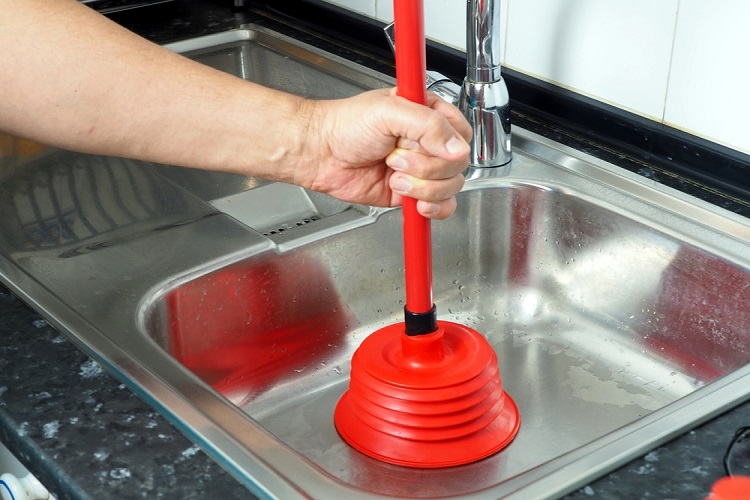Cleaning is a valuable, expert plumbing service that aids in removing any buildup that has amassed in the drains all over the house. It may contain fats, oils, grease, soap scum, and other accumulated garbage. If gutters gather an excessive amount of this accumulation, they may get clogged and lose the ability to siphon wastewater away. It may result in issues like sluggish drainage, unpleasant smells, water backups, flooding, pipe damage, and health risks. Therefore, it is crucial to know why, when, and how to drain cleaning to prevent these issues and maintain a healthy and functional plumbing and draining system.
Why is There a Need to Clean the Drains?
Cleaning drains is necessary to prevent clogs and maintain gutters. It provides several benefits:
● It improves water flow by removing obstructions that slow or stop water drainage.
● It eliminates terrible smells by eliminating bacteria, grease, and organic residue in the drain.
● It prevents pipe damage by avoiding or reducing pressure and corrosion in pipes.
● It protects health by preventing mold, mildew, germs, and parasites from drains.
When Should Cleaning be Done?
Clean drains at least once a year to prevent problems. However, one may need cleaning more often or urgently if he notices these signs:
● Slow drainage in the sink, tub, shower, or toilet indicates a clog or blockage in the drain that needs clearing.
● Foul odors from the drain mean a buildup of bacteria, grease, or organic residue that needs cleaning.
● When using another fixture, water backups from the drain indicate a clog or blockage in the main sewer line that needs clearing.
● Gurgling noises from the drain when using water or flushing the toilet indicate air trapped in the drain due to a partial clog or blockage that needs clearing.
● Fruit flies around the drain mean organic matter that attracts them and needs cleaning.
How to do the Cleaning?
There are different methods and techniques for doing drain cleaning depending on the problem. Some of the common ways are:
Use a plunger: A simple tool that can unclog sinks and tubs by creating suction and pressure. To use it effectively, add enough water to the tub or washbasin to cover the drain and bottom.
Use a barbed plastic cleaning tool: A cheap and effective device that can unclog sinks and tubs by pulling out hair and other debris.
Use a drain snake or auger: A flexible metal cable with a corkscrew tip that can unclog deep or stubborn clogs in sinks, tubs, showers, or toilets.
Use a chemical drain cleaner: A liquid or powder product that can dissolve or dislodge clogs in drains by creating a chemical reaction.
Use natural drain cleaners: Products that clean or unclog drains using natural ingredients, such as baking soda, vinegar, lemon juice, salt, or enzymes.
Conclusion
Drainage cleaning is an essential service that can help keep plumbing and draining systems in good condition. Regular drain cleaning can improve water flow, eliminate bad smells, prevent pipe damage, and protect health; when a person knows why, when, and how to clean, he can avoid or solve any problems arising in drains. However, it is advisable to engage a skilled plumber if one is unsure how to do it or has severe or persistent pain.










